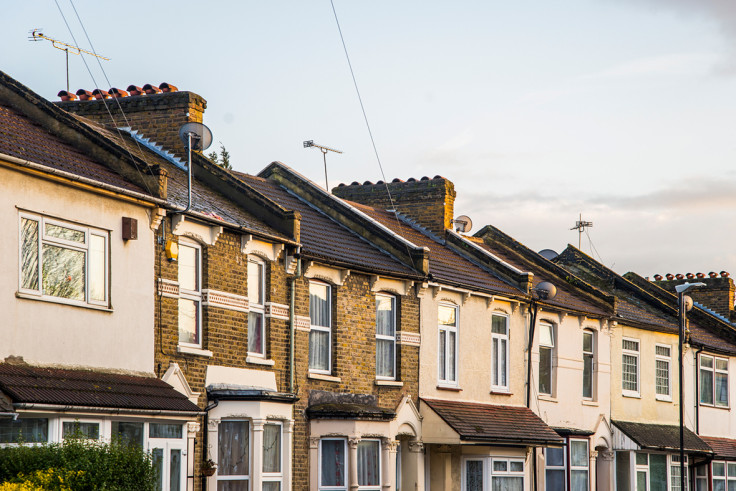Buy-to-let investors bounce back after stamp duty hike for landlords
Property website Rightmove says buy-to-let investors returning to the market.

There was a spike in activity from potential buy-to-let investors during the third quarter, suggesting the effect on demand of a hike in stamp duty for buyers of additional properties is wearing off.
Rightmove, the property listings website, reported a 30% rise in the number of enquiries from buy-to-let investors and aspiring landlords between the second and third quarters. There was also a 6% increase in the number of new rental listings than a year before, though the average asking rent was 3.2% higher at £779 per month.
From April 2016, purchases of additional properties are subject to a 3% surcharge on top of basic stamp duty rates. The government wants to cool demand in the market from investors, reducing competition for first-time buyers. It is trying to reverse the decline across the 2000s of the homeownership rate.
"Investor activity has bounced back following the stamp duty changes," said Sam Mitchell, Rightmove's head of lettings, "though some agents report that many investors are looking to knock sellers down on their asking prices to make up for the additional stamp duty they now need to pay. New rental supply has held up despite concerns that the stamp duty changes would lead to less fresh stock."
The Rightmove report contrasts with research from the Royal Institution of Chartered Surveyors (Rics) suggesting landlords were still reluctant to come back to the market after the stamp duty rise.
Rics said the strangulation of buy-to-let by the government is making landlords a "scapegoat" for the country's housing crisis and will contribute to a massive shortage of rental properties in the future.
By 2025 there will be a shortage of 1.8 million rental homes in the UK, suggested Rics. Its survey of buy-to-let investors found 86% did not plan to increase their portfolio of rental properties in 2016. Rics said this trend is set to continue for five years. Moreover, 58% of estate agents reported a drop in buy-to-let sales since May.
"The private rented sector became a scapegoat under the previous prime minister, and because of that it suffered," said Jenny Blackburn, head of policy at Rics. "Yet with increasingly unaffordable house prices, the majority of British households will be relying on the rental sector in the future.
"We must ensure that it is fit for purpose, and the government must put in place the measures that will allow the rental sector to thrive. Any restrictions on supply will push up rents, marginalising those members of society who are already struggling."
© Copyright IBTimes 2025. All rights reserved.






















